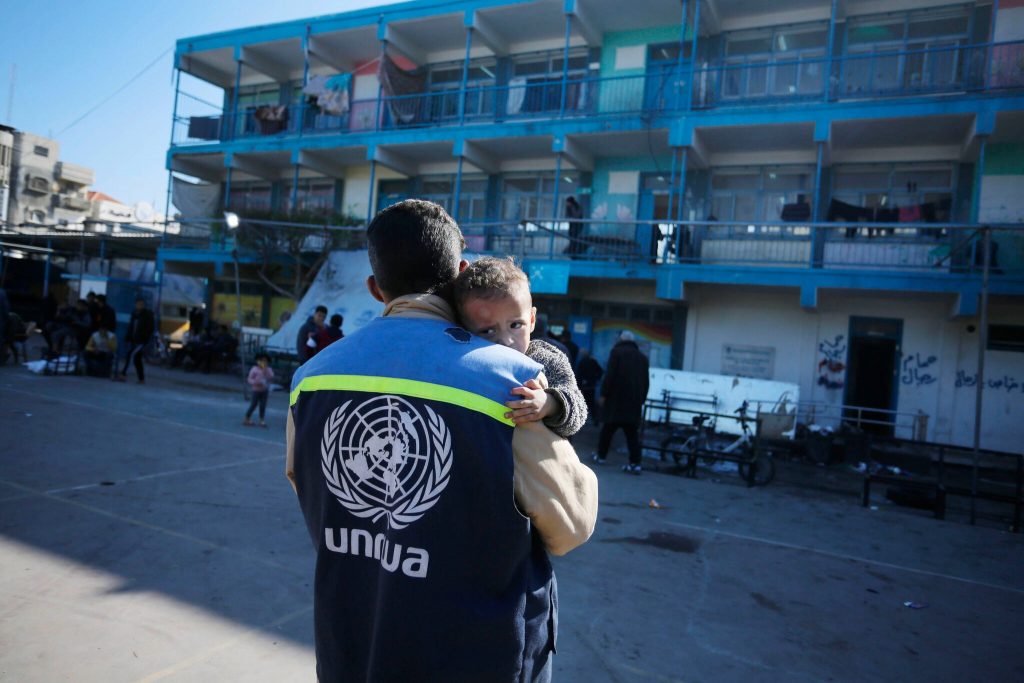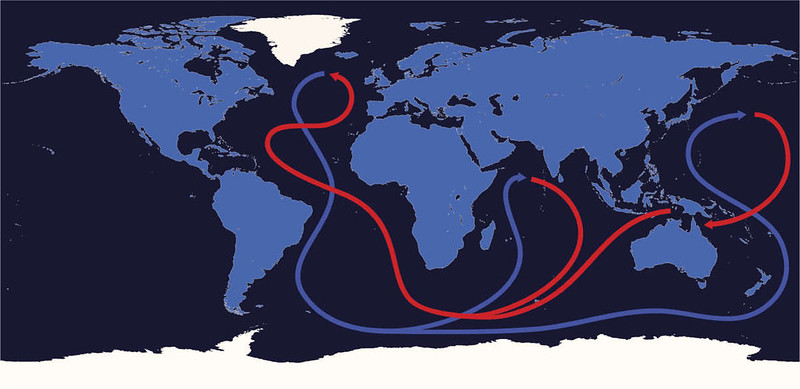By Garret Martin, American University School of International Service. Published 7-5-2024 by The Conversation

The new U.K. prime minister, Sir Keir Starmer, will have just a couple of days to settle into the job before facing his first test on the global stage.
Having presided over a landslide victory for his party on July 4, 2024, Starmer will head to Washington, D.C., for a crucial NATO summit starting July 9. Days later he will host over 50 European leaders for the European Political Community meeting.
Amid many global challenges, Starmer has an opportunity to show that the U.K. is back on the world stage. In particular, with many Western leaders facing serious headwinds at home – think Emmanuel Macron in France or Olaf Scholz in Germany – Starmer has a chance to re-establish the U.K. as the key partner for the U.S. in Europe.
Continue reading









